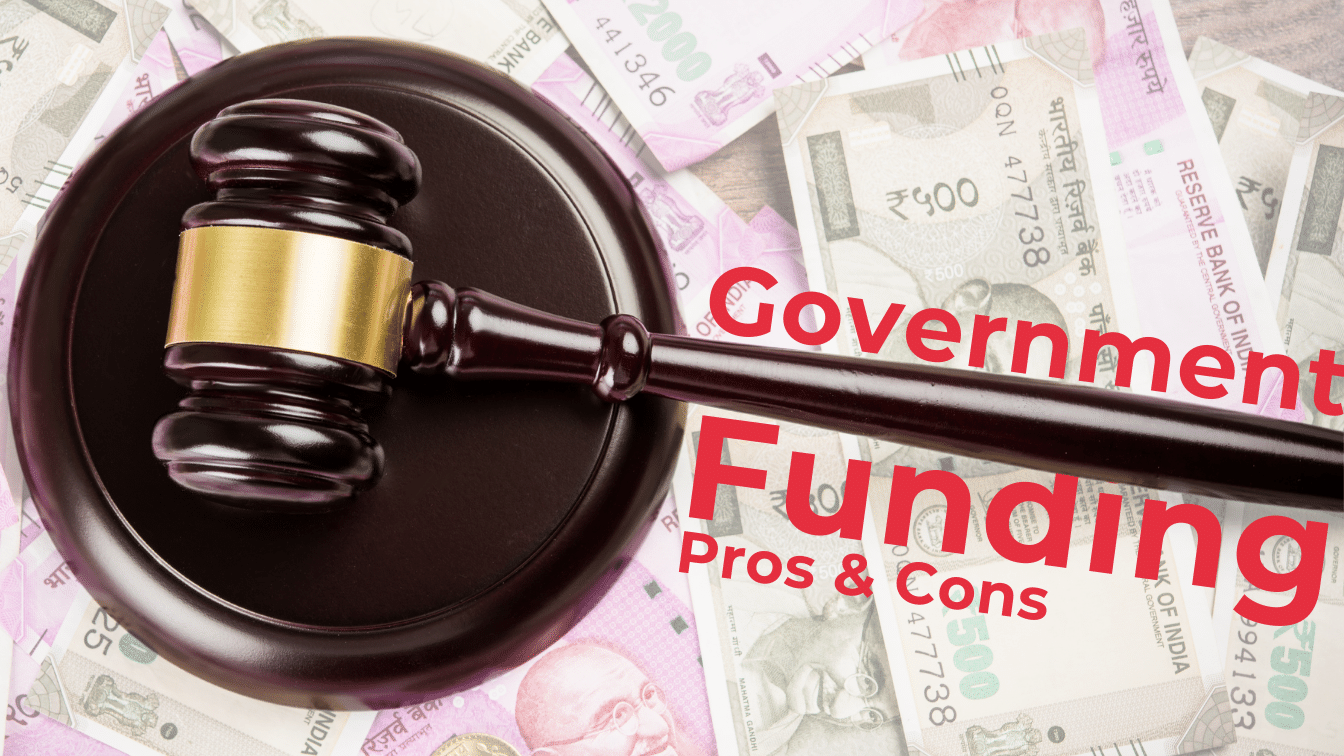In the ever-changing world of business, startup valuation is an important skill that founders need to have. Gaining investors and achieving sustainable development need a grasp of the art of startup valuation, whether you’re starting a traditional firm or a tech startup. With the help of this blog, you, as the entrepreneur, will be able to effectively negotiate the complexities of startup valuation.
Source: The Art of Startup Valuation: A Guide for Founders
What is Startup Valuation?
The process of figuring out a startup company’s worth is called startup valuation. It entails evaluating a number of variables, including the competitive environment, market potential, the company’s assets, and its intellectual property. It totally depends on the market, the company model, the industry, and the stage of growth.
What are the important elements that affect start up valuation?
a. Market Potential:
Analyze the target market’s size, growth trajectory, and reach. A substantial and quickly growing market may greatly increase the valuation potential of your business.
b. Unique Value Proposition (UVP):
Emphasize the features that differentiate your startup from rivals. Strong UVPs improve perceived value and have a favorable effect on your valuation.
c. Revenue strategy:
Provide an understandable and expandable revenue strategy that demonstrates your capacity to provide steady streams of money. A greater valuation may result from product sales, license fees, and subscription-based business models.
d. Metrics of Growth:
Monitor critical performance metrics (KPIs) such monthly recurring revenue (MRR), customer lifetime value (CLV), and customer acquisition cost (CAC). Strong growth indicators indicate the possibility for scalability and pique the curiosity of investors.
e. Intellectual Property (IP) Portfolio:
Use copyrights, trademarks, and patents to safeguard your inventions. A strong intellectual property portfolio protects your startup from rivals and gives it real value.
f. Team Expertise:
Emphasize the background, qualifications, and performance history of your founding team. An experienced group with a track record of profitable endeavors may boost investor confidence and have a favorable effect on value.
What are the common Startup Valuation techniques?
a. Market Comparable Approach:
Using indicators like revenue multiples, customer base, and market share, compare your firm to similar businesses in the sector. This method offers a value benchmark, but it necessitates having access to pertinent information about similar businesses.
b. Discounted Cash Flow (DCF) Analysis:
Project future cash flows and use a discount rate to reduce them to their present value. DCF analysis provides a thorough valuation model for firms with predictable cash flows by taking risk and time value of money into consideration.
c. Venture Capital Method:
Determine the post-money valuation by taking venture capitalists’ preferred exit options and expected return rates into account. This approach takes into account the needed rate of return for the investor as well as the expected valuation should they decide to depart, say through an acquisition or initial public offering (IPO).
What are the strategies to enhance startup company valuation?
a. Concentrate on Traction:
Show traction by growing your clientele, earning money, and reaching a wider audience. Verifiable proof of concept increases the value of your business and proves its potential.
b. Create a scalable business model:
Create a business plan that can grow with your company in an effective manner. Increase scalability and value multiples by utilizing technology, automation, and strategic alliances.
c. Develop investor relationships:
Interact with possible investors and ask for their advice on how to match the direction of your firm with their expectations.
d. Make IP protection a priority:
Make an investment to guard your intellectual property assets from theft and unlawful usage. Protecting your inventions increases the viability and worth of your business.
e. Maximize Financial Performance:
Apply good financial management techniques and uphold honest financial reporting. A positive value outlook is influenced by cautious cost management, efficient capital utilization, and steady revenue growth.
Take Away: Startup Founders
Founders may improve their startup’s valuation and position it for long-term success by comprehending the critical aspects impacting valuation, utilizing suitable valuation techniques, and putting growth strategies into action. An expert in startup valuation is an ongoing process that requires learning, changing, and adjusting to meet the demands of investors and the dynamics of the market.
To get assistance to know more about it, contact Team BAI (#BringAnImpact)












